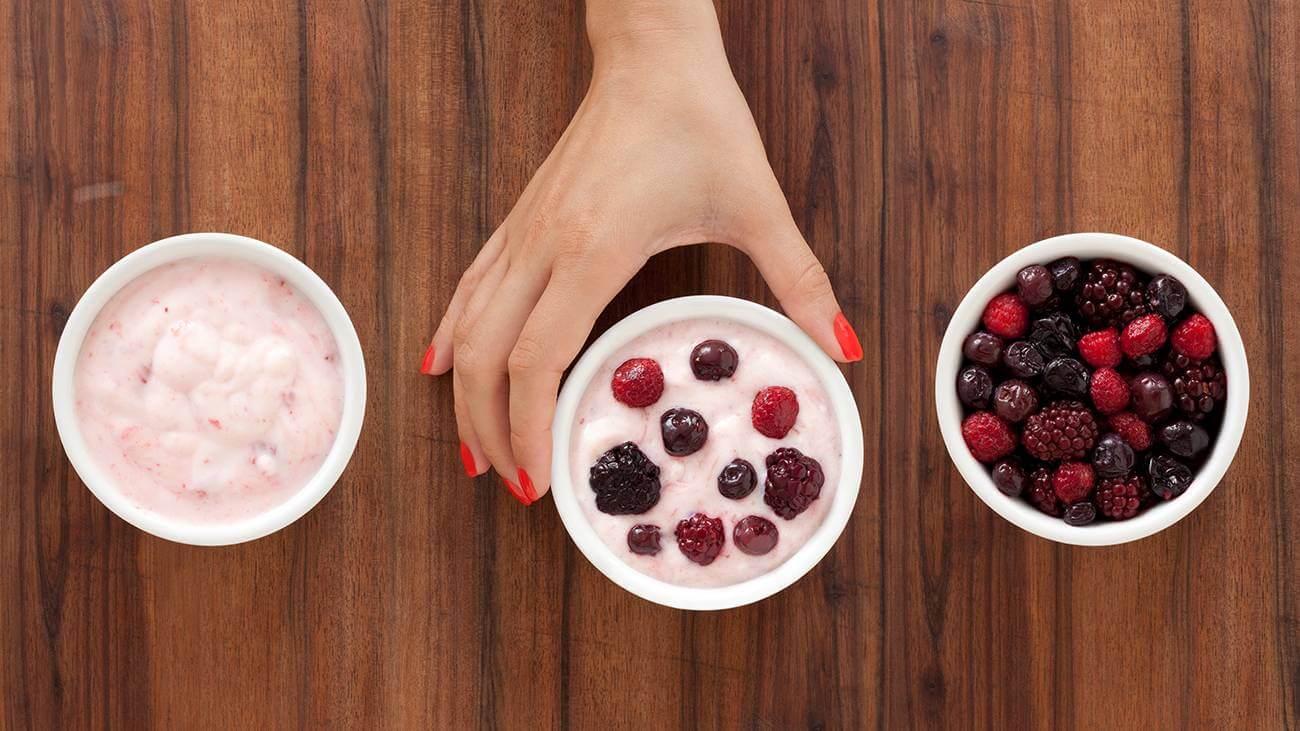A yeast infection is a fungal infection that can affect many parts of the human body, including the skin, genitals, mouth, and skin. Fungal infection occurs when Candida, a yeast, grows in excess.
Candida can be found in small quantities in the mouth, vagina, and digestive tract. Both men and women can get yeast infections, but women are more likely to have them. Women are more likely to experience itching, soreness, burning, pain in the vagina and surrounding areas, and abnormal vaginal discharge, which is white and odorless. Men can experience itching on their penis or a rash. Antifungal medications can be used topically or orally to treat yeast infections.
There are also many lifestyle changes and natural remedies that can help reduce or prevent yeast infections. These include wearing cotton underwear and avoiding tight-fitting clothing. If you think you may have a yeast infection, it’s best to consult a doctor. Other conditions can present with similar symptoms.
Your healthcare provider will diagnose the infection and suggest a treatment plan. Several natural remedies can help reduce symptoms and prevent future infections. Here are some natural remedies to treat and prevent yeast infections.
Probiotics and Candida
Probiotics is a term used to describe live bacteria and yeasts that benefit your health. This includes your digestive system. They can maintain the balance of good bacteria in your system and prevent an overgrowth of Candida. Probiotics can be taken as supplements, or you can eat probiotic-rich food such as yogurt, fermented vegetables, and kefir. Probiotics, which are living microorganisms, can provide health benefits if consumed in the correct amounts. Beneficial bacteria and yeasts can be found in fermented food and taken as supplements. Probiotics colonize the gut with beneficial microorganisms, which improve digestion, boost immunity, and prevent the overgrowth of harmful bacteria or fungi, such as Candida. Probiotics have been shown to help manage certain digestive disorders, such as irritable bowel syndrome and inflammatory bowel disease. Yogurt, kefir sauerkraut tempeh miso and kombucha are all probiotic-rich food. You must choose probiotic supplements that have been thoroughly tested and contain active, live cultures. You should also consult your healthcare provider before starting a probiotic supplement.
Garlic:
Garlic is antifungal and helps fight Candida. Garlic supplements or fresh garlic can be taken as often as you like. Allicin in garlic indeed has antifungal properties. This may help to fight Candida overgrowth. According to some studies, garlic may also have health benefits, such as improving heart health and reducing inflammation. You can add garlic as a seasoning or flavoring to incorporate it into your diet. It’s important to remember that eating too much garlic can cause stomach discomfort and other side effects. Moderation is the key.
Tea tree oil is antifungal:
Tea tree oil is antifungal, antibacterial and can be used to fight yeast infections. Tea tree oil can be applied topically in a diluted form. Tea tree oil contains compounds like terpinene-4 ol that have shown antimicrobial activity on various bacteria, viruses, and fungi. Undiluted tea tree oils can irritate the skin or cause allergic reactions in some people. To ensure you do not have an adverse reaction, it is important to test the tea tree oil first on a small patch of skin. This is especially important if you are pregnant, nursing, or have underlying medical conditions.
Coconut oil is antifungal and can be applied topically to treat a yeast infection. Apply a small amount to the affected areas and leave it on for several hours.
Apple cider vinegar:
Apple vinegar is antifungal and can restore the pH balance in the vagina. Add a cup to your bathwater, or use it for a vaginal wash.
Certain foods should be avoided. Sugary, processed, and alcohol-based foods and refined carbohydrates are all examples.
Good hygiene is important. It can prevent yeast infections. Wearing clean, breathable underwear and not wearing tight clothing is important. Also, wash the genital region with water and mild soap.
Avoid irritation:
Avoid using scented products such as sprays, perfumes, and douches in the genital region. They can irritate your skin and increase your yeast infection risk.
A healthy diet is important: A diet rich in fruits and vegetables and whole grains will help prevent yeast infections. This is because a healthy immune function can be promoted by eating a diet high in these foods.
Avoid antibiotics:
Antibiotics may kill the good bacteria in the vagina and increase the risk of yeast infections. Avoid taking them without a prescription.
Manage stress:
Stress can weaken your immune system and make you more susceptible to infection. You can prevent yeast infections by managing stress with activities such as meditation or yoga.
Some natural remedies do not work and severe or recurring yeast infections might require medical treatment. Consult a doctor if you have persistent symptoms or are concerned about your health.


